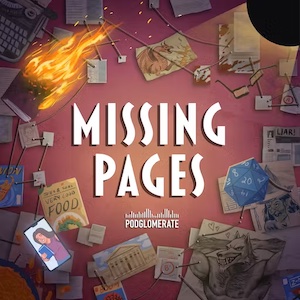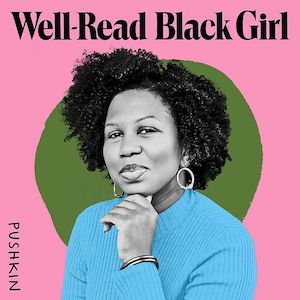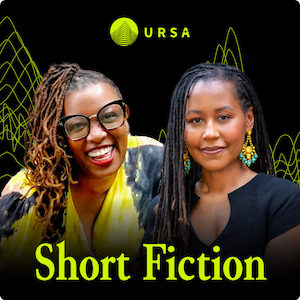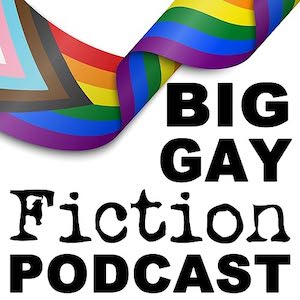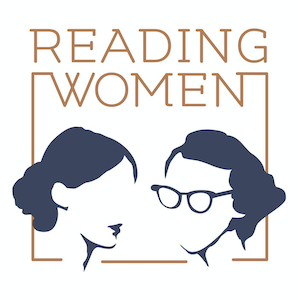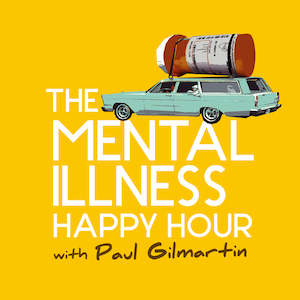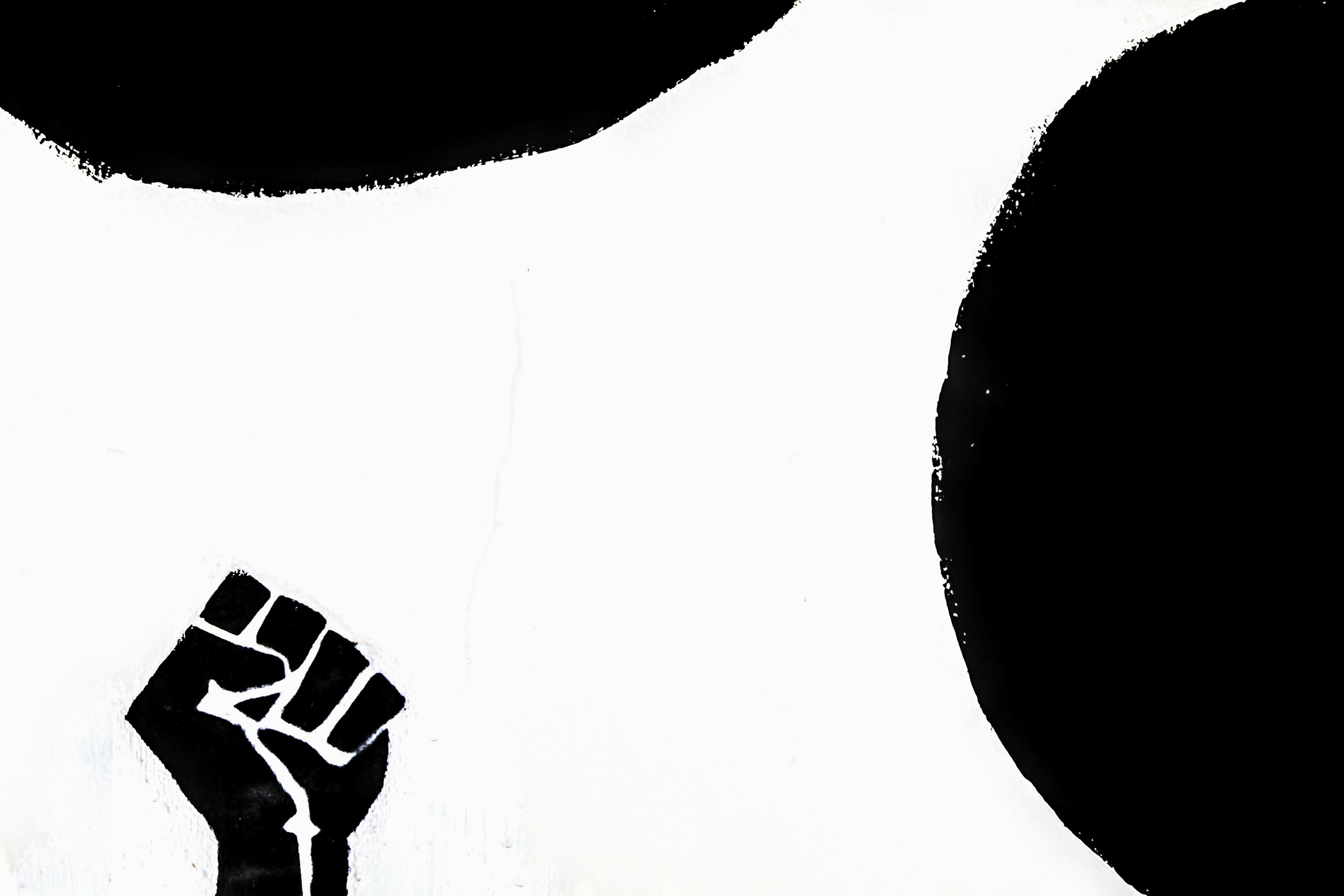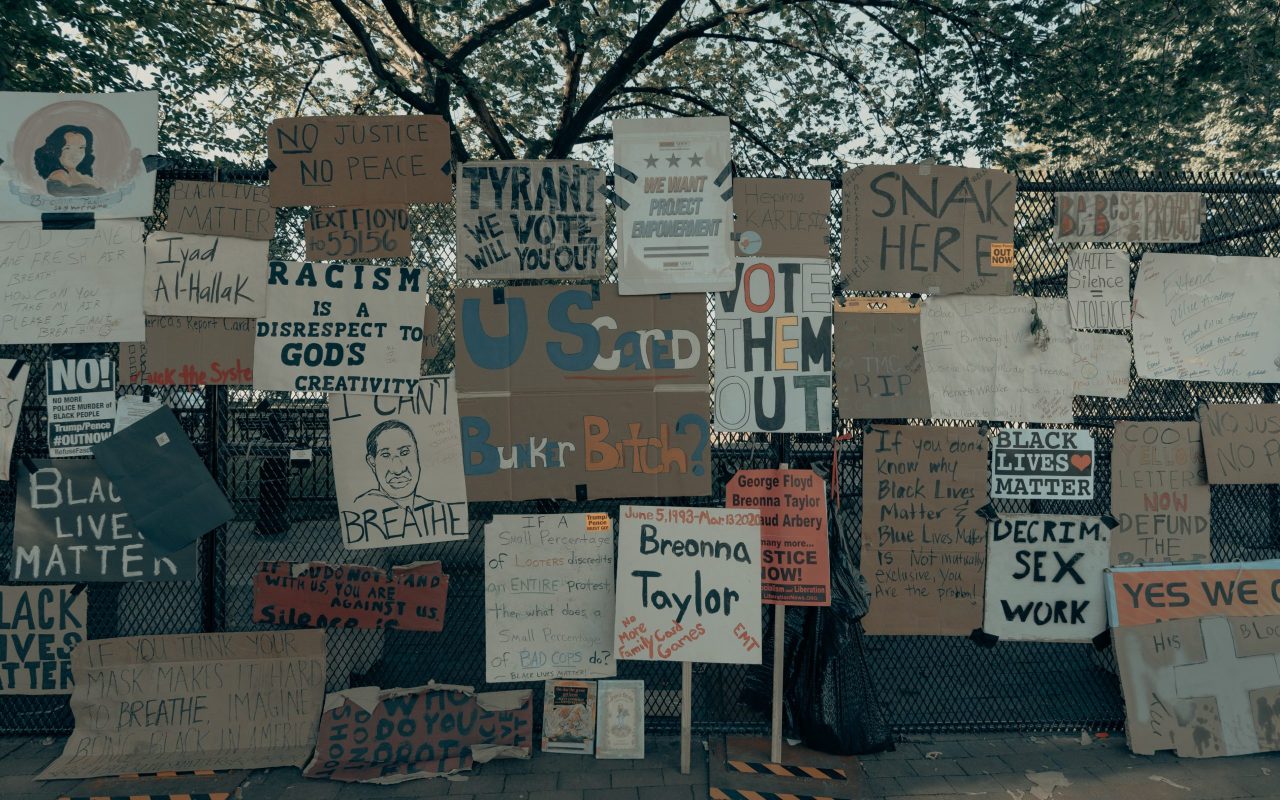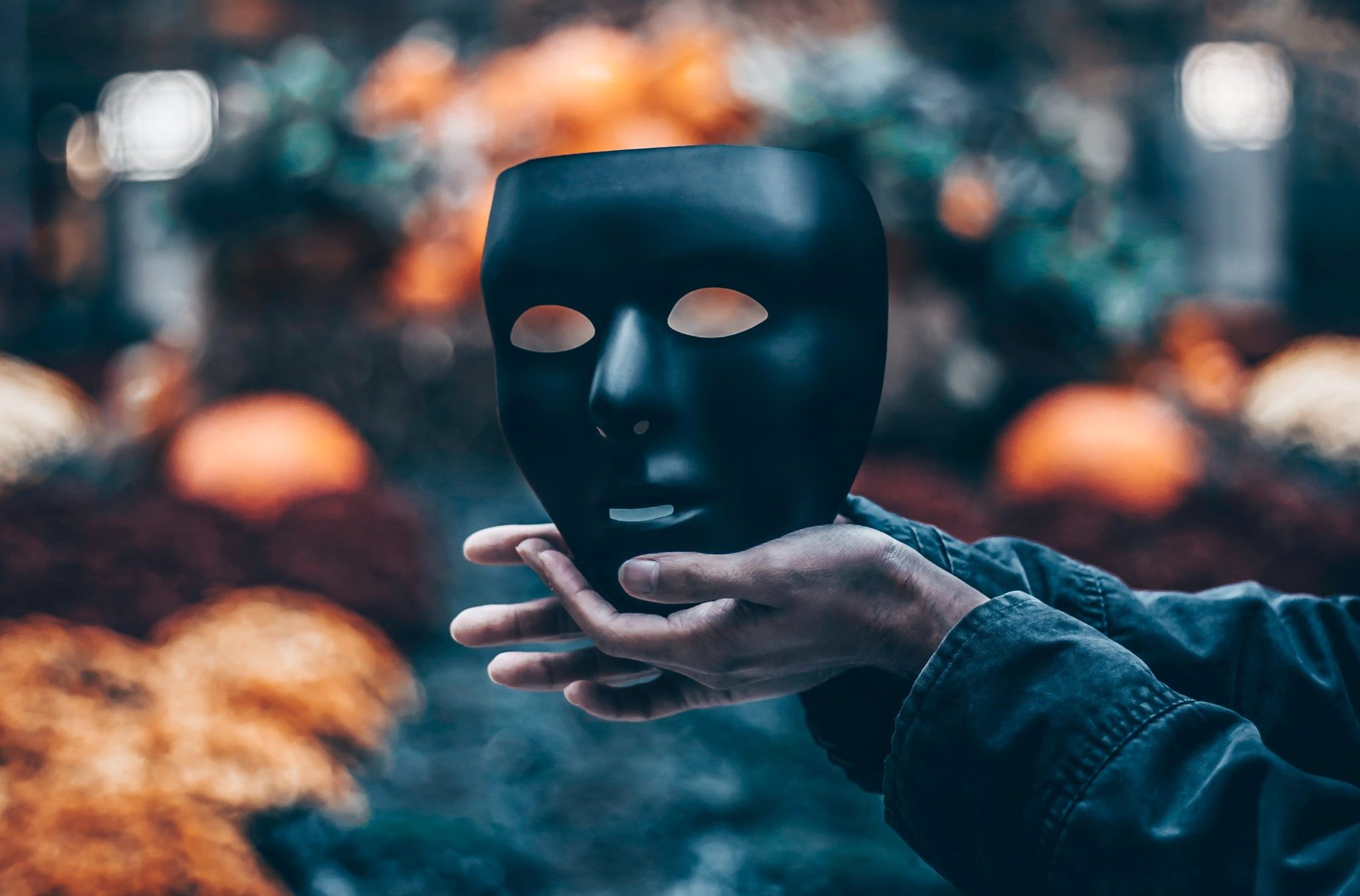Reading Lists
The Best Podcasts Engaged in Literary Activism
Listen to podcasters who are effecting change in the book world
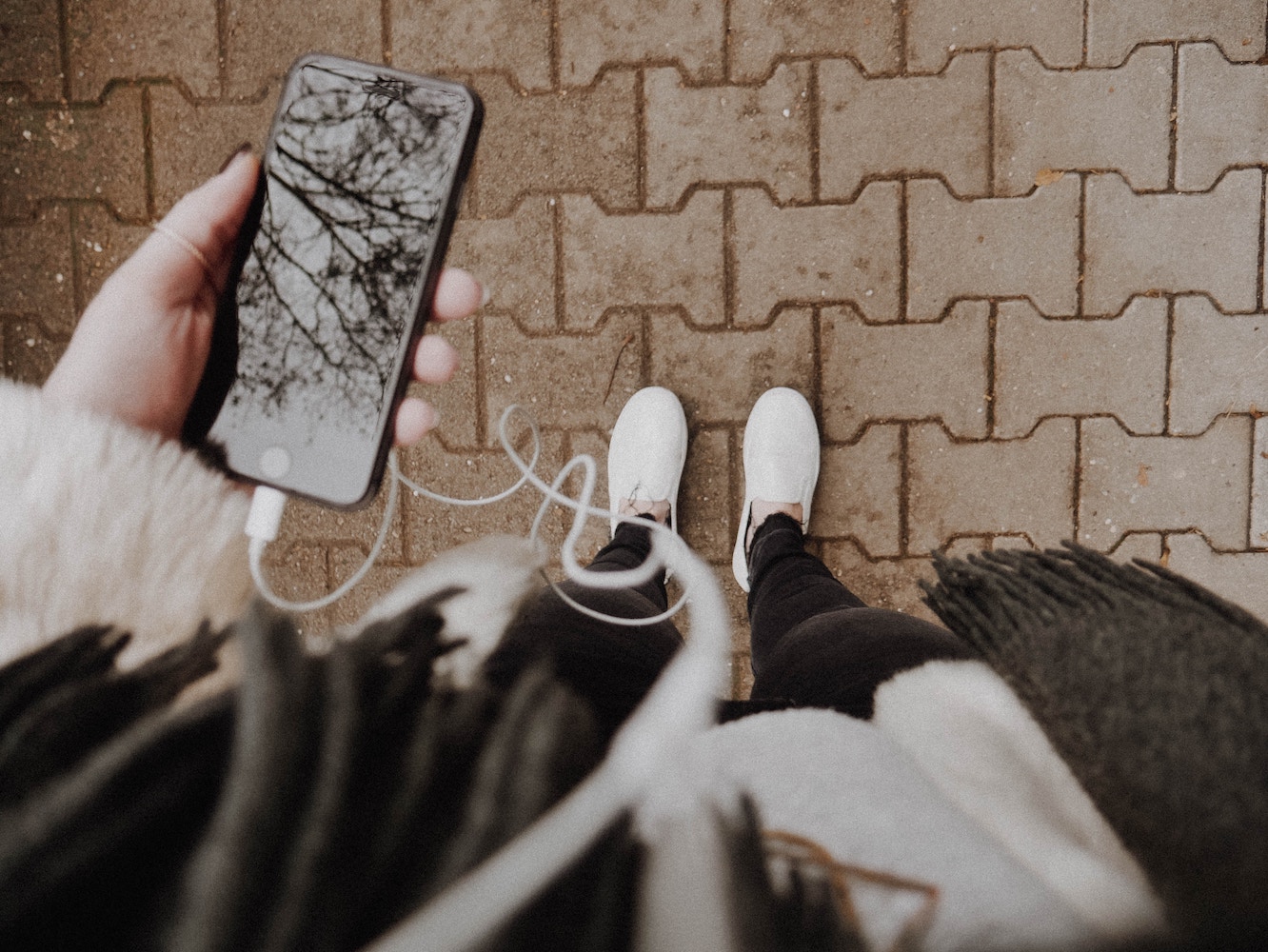
A lot of us talk the talk about what’s wrong with book publishing today—but who among us is walking the walk and actually effecting change in the world of literature? On Missing Pages, which I host for The Podglomerate, we look into past and present situations and processes (even scandals and trials!) that have different kinds of outcomes, some powerful and helpful, some scammy and disappointing, in the sometimes-secretive realm of publishing. We hope that learning more about the entire industry helps our audience understand that there are things that do need to change.
I’ve chosen the podcasts on this list not necessarily because they proclaim a mission dedicated to change, but because just by doing what they’re doing, by claiming space for their subjects, they are making changes in which books and authors and ideas we discuss. We’ve learned a great deal from social media in the past couple of decades: Hashtags like #WeNeedDiverseBooks, #OwnVoices, and even my own #FridayReads have helped authors and readers connect and share ideas and form communities that support new kinds of books and media around them.
The idea of “literary citizenship” is a good one—until it becomes something that excludes certain groups, for reasons that can range from class disparity to physical and mental challenges to racism. These podcasts help to break through stale assumptions about reading choices, literary events, and how underrepresented groups are portrayed in many genres.
Well-Read Black Girl hosted by Glory Edim
Anyone who doesn’t already know about Well-Read Black Girl should make this podcast a priority. Glory Edim began to build a community about Black women and literature in 2015, and she’s continued to build community as she’s published books, tried different kinds of publishing events, and oh, had a life, too! Whether her guest is Jacqueline Woodson, Deesha Philyaw, or Tayari Jones, Edim’s interview style is elegant, deeply engaged, and incredibly smart. It feels as if you’re just listening to girlfriends talking, and that’s because Edim actually is friends IRL with these authors – but she’s also read their work closely and carefully. You’ll want to spend more time with her and with these authors, but you’ll also want to pick up their books. The only problem with this podcast? That there aren’t oh, say, 100 more episodes already. Go, Glory, go!
Ursa Short Fiction hosted by Deesha Philyaw and Dawnie Walton
Speaking of Deesha Philyaw, she and her longtime friend and fellow author Dawnie Walton (they actually went to high school together in Jacksonville, Florida) started the Ursa Short Fiction podcast as part of the Ursa Story Network, which is dedicated to supporting storytelling, especially storytelling from voices that haven’t had extended outlets in the past. With a guest list including authors Maurice Ruffin and Nana Nkweti, illustrators and composers Jiro Yoshioka and Halimah Smith, it’s a podcast that can continue for as long as its hosts can find great voices writing the kinds of relevant, passionate short stories that Philyaw (The Secret Lives of Church Ladies) and Walton (The Final Revival of Opal & Nev) also create.

The Stacks hosted by Traci Thomas
Traci Thomas is a stone-cold literary celebrity at this point, and she deserves to be. Her last two episodes were with Jason Reynolds and Samantha Irby, and they are both hella fun as listens – but oh, how I wish I could have been onsite with Traci (I do have a photo with her from the 2023 LA Times Book Festival. . . ). One of the things that makes The Stacks especially powerful in its book pushing, especially of BIPOC authors, is that Traci takes time to add dozens, sometimes scores, of links to books, authors, blogs, creators, restaurants, bookstores, you name it, creating little solar systems for people who go to a city/neighborhood (not that anyone is talking any authors, no no Samantha Irby, that’s not me peeking around your Chicago corner with a drained Portillo’s cake shake in my hand).
Deadline City hosted by Dhonielle Clayton and Zoraida Córdova
Dhonielle Clayton and Zoraida Córdova did not come to play. As authors, they’ve written a combined 40 books; as podcast hosts, they spill the tea on how manuscripts become books. While they focus on the YA process, most of it is applicable to any type of published book; they’ll talk to listeners about everything from whether or not to read your reviews to what happens when you need a new agent. They don’t shy away from big issues like social justice, identity politics, and sexuality. Clayton and Córdova understand that authors are public figures but also people with private lives who have lived for years in the digital space and through the global pandemic. They have regular features—“The Query Quarter,” “Agent Avenue,” —and also standalone episodes on different genres, careers, and forms.
Big Gay Fiction Podcast hosted by Jeff Adams and Will Knaus
Yes, Big Gay Fiction Podcast is primarily for readers of gay romance fiction—but I believe that in itself is pushing the publishing industry envelope. Co-hosts Jeff Adams and Will Knaus (who are currently working on Episode 450, so there is a lot for new fans to catch up on!) aren’t just podcasters and authors; they’re also husbands who bring the joy, front and center, to queer lit. They also publish a newsletter, the Rainbow Romance Reader Report, for listeners who want more more more. Their guest list reads like a hall of fame for queer romance authors, including Lev A. C. Rosen, V. E. Schwab, and even Paul Rudnick. If that’s not enough content for you? They also have a book club podcast. The success of this podcast is especially meaningful because there once was no such thing as queer romance in publishing, so this podcast’s progress matters.
Books & Boba by Marvin Yueh and Reera Yoo
Marvin Yueh and Reera Yoo know great literature and they know great literature from AAPI authors especially well. They intersperse author interviews with episodes covering the latest books by Asian and Asian American authors. They’ve been around for seven years and are only picking up more and more steam as people in publishing (too slowly) realize the incredible market for stories from Asian authors. Their latest episode is an interview with Malaysian writer Tan Twan Eng, whose new novel “The House of Doors” is so good that it’s already been longlisted for the Booker Prize.
Reading Women hosted by Kendra Winchester and Autumn Privett
Kendra Winchester and Autumn Privett host a long-running podcast about women authors, of all kinds of backgrounds. The episodes focus on themes such as incarceration, Black joy, and nature writing, as well as include author interviews. Their empire grew to include a team, a newsletter, and an award; I’m sad to say that in 2021, they shut down. However, their archives contain so much worthy material, including episodes on women in translation and working class stories, that I’m including the series here in hopes that it will encourage new and even more expansive podcasts about women authors. We hold up half the sky, after all. Publishing has tons of women working in it, but that doesn’t always equate to tons of books by and for and about women being released.
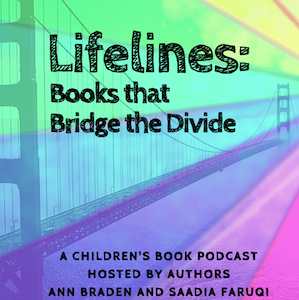
Lifelines: Books That Bridge the Divide hosted by Ann Braden and Saadia Faruqi
Ann Braden and Saadia Faruqi have a great manifesto on their pod’s launch page, and it includes the lines: “Together we believe… that books with diverse characters and settings can teach readers a lot about the world as well as about themselves… that books have the power to be a bridge across the cultural divide.” As I write, more bridges are necessary than ever, and this podcast focusing on children’s literature can help as many adults as it can their offspring/charges. Each episode includes show notes and book lists; the co-hosts are authors who are also parents; they speak with educators, community organizers, illustrators, and many other people who realize how powerful children’s access to books is, especially in service of helping young people to recognize difference and develop compassion.
The Mental Illness Happy Hour hosted by Paul Gilmartin
Paul Gilmartin is a comedian, actor, and musician whose long-running podcast consists of in-depth interviews with “artists, friends and the occasional doctor” about mental illness and mental health. Many of his guests (full disclosure: I’ve been one of them) are authors and writers who used their work to reach people and to change the publishing industry’s views on stories about depression, addiction, and more. Gilmartin cautions listeners that the podcast is “not a doctor’s office. Think of it more as a waiting room that doesn’t suck”, – in this waiting room, the magazines are never out of date and the person next to you has interesting stories to share. As more and more people willing to be open about neurodiversity enter the workplace, and that includes the literary world’s workplace, The Mental Illness Happy Hour provides a safe place.




